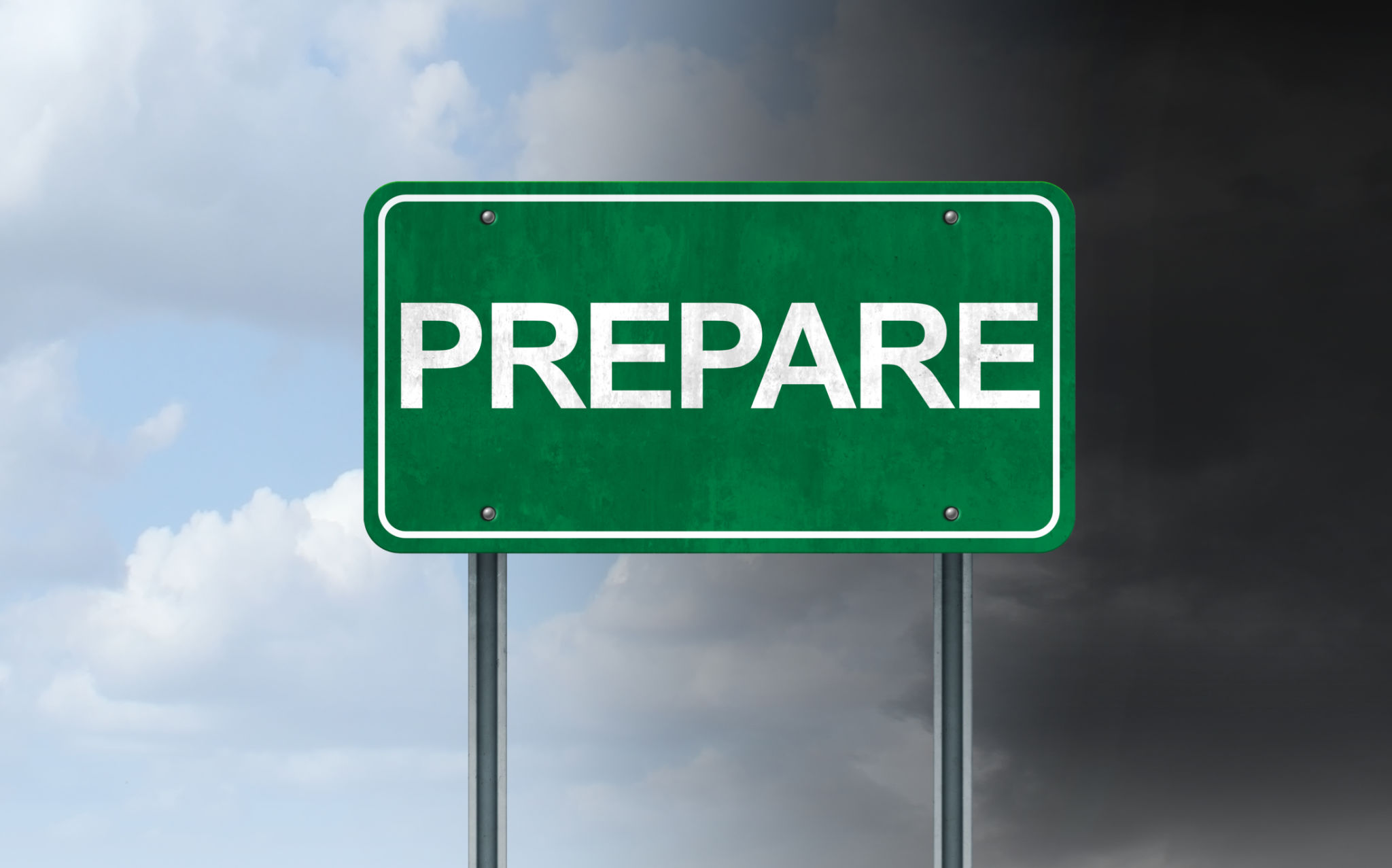Success Stories: How Hamilton Businesses Improved Safety with Emergency Response Planning
Introduction to Emergency Response Planning
In today's unpredictable world, having a comprehensive emergency response plan is crucial for businesses of all sizes. Companies in Hamilton have taken significant strides in this area, ensuring the safety and well-being of their employees and customers. By investing in robust emergency response plans, these businesses have not only safeguarded their operations but also set a benchmark for others to follow.

Case Study 1: Manufacturing Firm's Proactive Measures
A leading manufacturing firm in Hamilton recognized the potential risks associated with their operations and decided to implement a detailed emergency response plan. This plan involved regular safety drills, employee training sessions, and collaboration with local emergency services. As a result, the firm successfully mitigated potential hazards and enhanced its overall safety culture.
The firm outlined a step-by-step procedure for various emergency scenarios, ensuring that every employee knew their role and responsibilities. This proactive approach not only minimized downtime during incidents but also increased employee confidence and morale.
Case Study 2: Retail Business Enhances Customer Safety
A popular retail chain in Hamilton took a customer-centric approach to emergency planning. Understanding the importance of keeping customers safe during emergencies, the company installed clear signage throughout their stores and trained staff to guide customers efficiently during crises.

They also adopted advanced communication systems that allowed for real-time updates and instructions in case of an emergency. This initiative significantly improved customer trust and loyalty, as patrons felt more secure while shopping.
Key Elements of Successful Emergency Plans
Several key elements contribute to the success of emergency response plans implemented by Hamilton businesses:
- Comprehensive Risk Assessment: Identifying potential risks and their impact is vital for effective planning.
- Regular Training: Continuous training ensures employees are prepared and can react promptly.
- Collaboration with Authorities: Working closely with local emergency services enhances response effectiveness.

Benefits of Emergency Response Planning
Businesses that have invested in emergency response planning have witnessed numerous benefits. These include reduced operational disruptions, enhanced safety for employees and customers, and improved reputation within the community. Furthermore, companies with robust safety protocols often experience lower insurance premiums due to decreased risk exposure.
By prioritizing safety through detailed planning, Hamilton businesses have not only protected their assets but also created a resilient work environment that can withstand unexpected challenges.
Conclusion: A Commitment to Safety
The success stories of Hamilton businesses demonstrate the importance of emergency response planning in today's business landscape. By taking proactive measures to ensure safety, these companies have not only protected their operations but also fostered a culture of preparedness and trust. As more businesses follow suit, the community as a whole becomes safer and more resilient.
